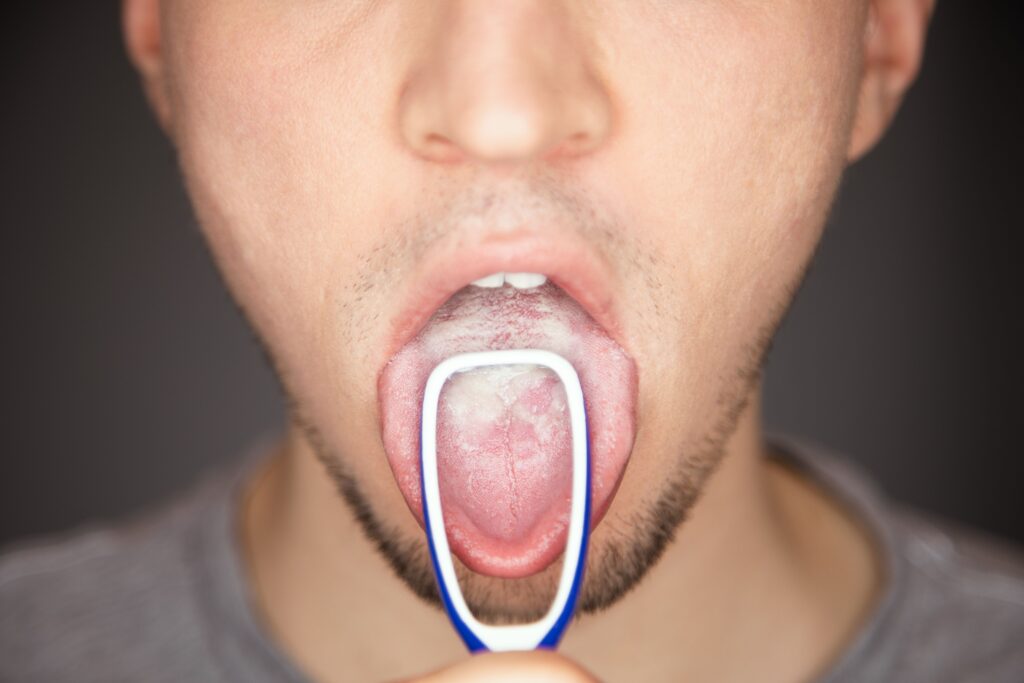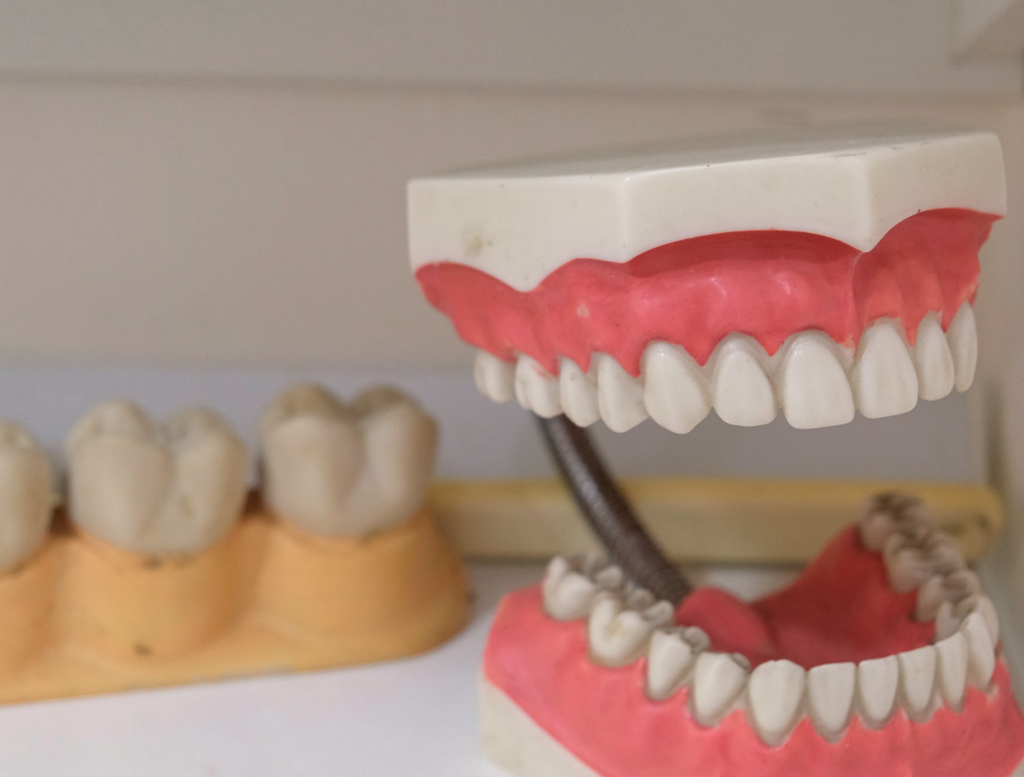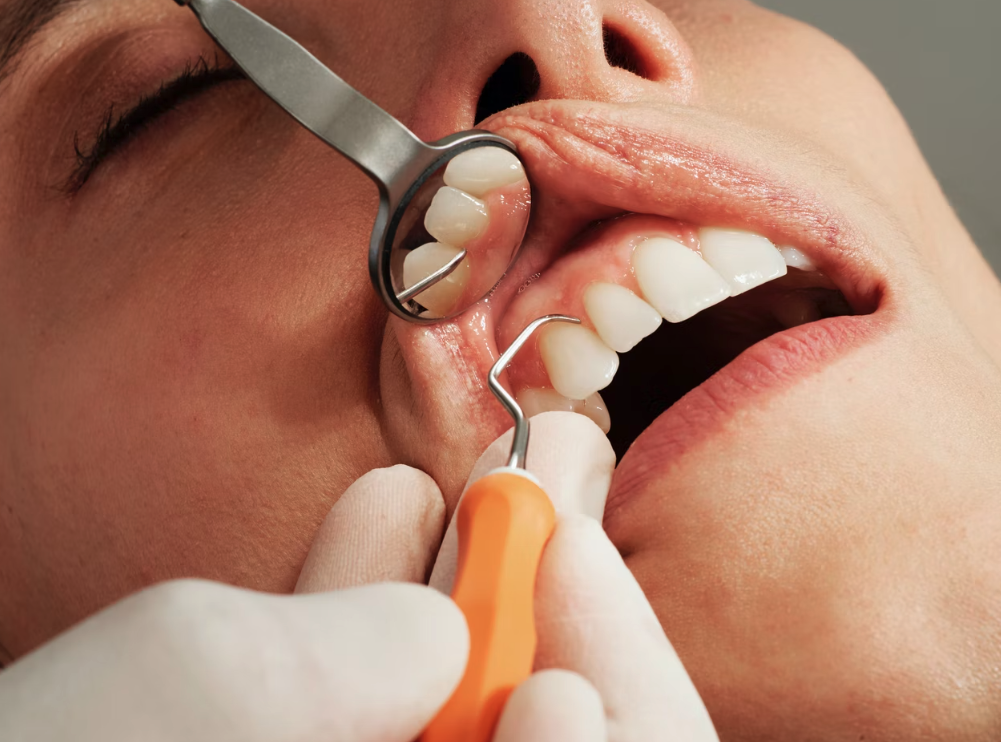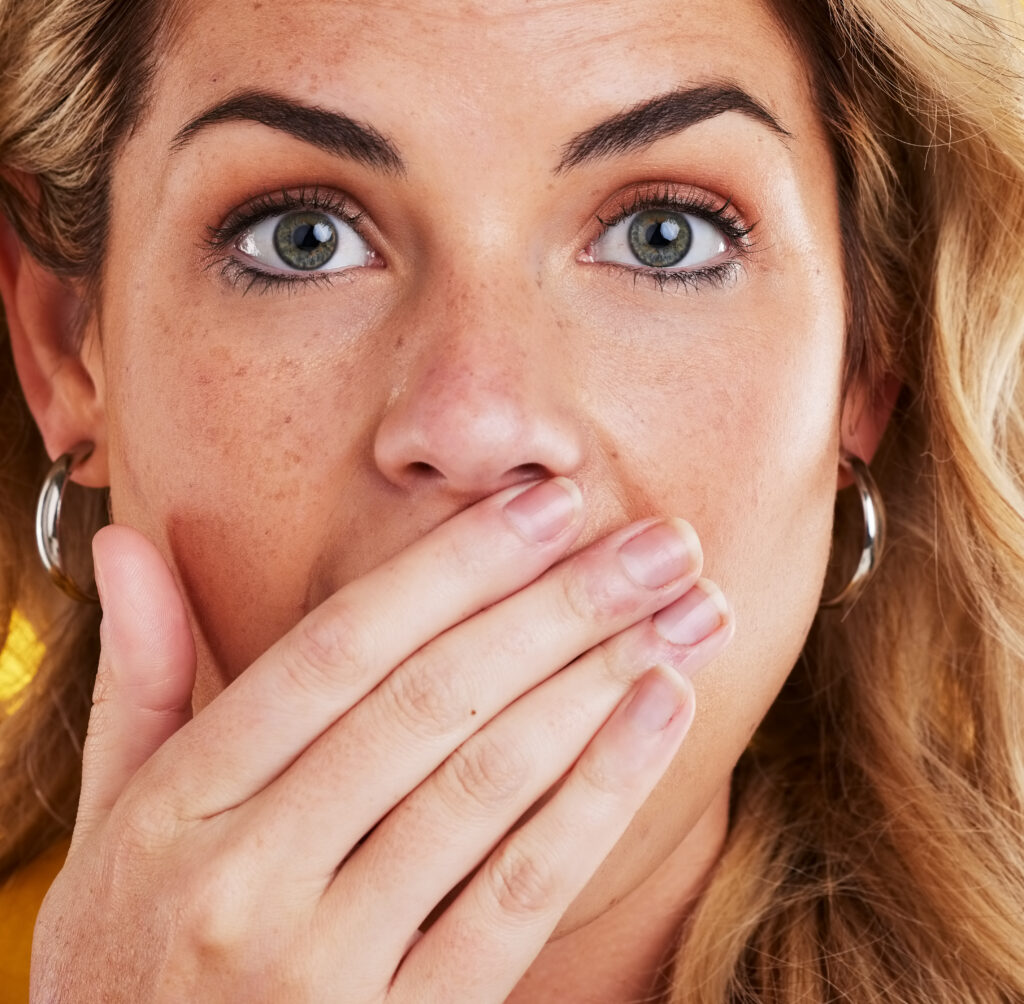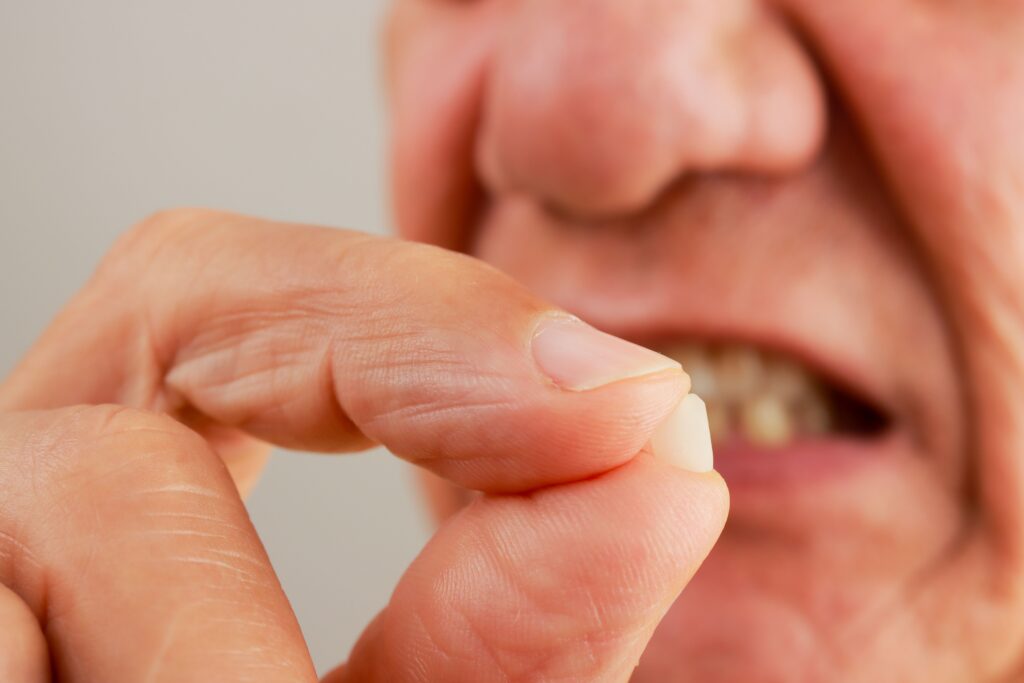Mouthwash is a commonly used dental product that many people believe can help prevent cavities. However, there is still some debate about whether mouthwash is an effective way to prevent tooth decay. In this article, we will examine the research on the effectiveness of mouthwash in preventing cavities and provide some tips for using mouthwash to maintain good oral hygiene.
What causes cavities?
Cavities are caused by bacteria in the mouth that produce acid when they consume sugar or other fermentable carbohydrates. The acid produced by the bacteria can erode tooth enamel, leading to the formation of cavities. Plaque, a sticky film of bacteria that forms on the teeth, can also contribute to the development of cavities by trapping harmful bacteria against the teeth and gums.
How does mouthwash work?
Mouthwash contains antimicrobial ingredients that can help reduce the amount of bacteria in the mouth. Most mouthwashes also contain ingredients that can help prevent the buildup of plaque on the teeth. Mouthwash is typically used after brushing and flossing as a way to further clean the mouth and freshen breath.
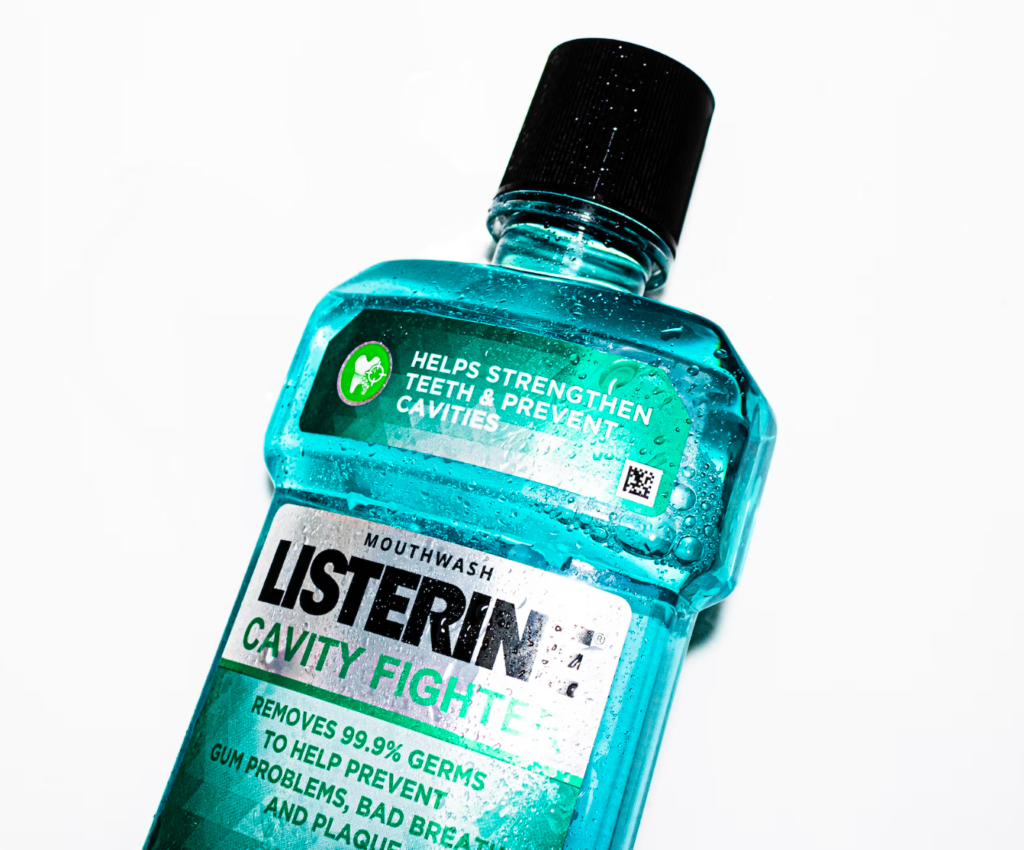
Research on mouthwash and cavity prevention
Studies have shown that fluoride mouthwash can be effective in preventing cavities. Fluoride is a mineral that helps to strengthen tooth enamel and make it more resistant to acid erosion. One study found that children who used fluoride mouthwash twice a day had significantly fewer cavities than those who did not use mouthwash.
Non-fluoride mouthwashes, on the other hand, have not been shown to be effective in preventing cavities. In fact, some studies have suggested that certain types of non-fluoride mouthwash may actually increase the risk of cavities by killing beneficial bacteria in the mouth that help to fight harmful bacteria.
It’s worth noting that much of the research on mouthwash and cavity prevention has been done in laboratory settings or in controlled clinical trials. There is less data available on the long-term effectiveness of mouthwash in preventing cavities in real-world settings.
Other factors in cavity prevention
While using mouthwash can be a helpful addition to an oral hygiene routine, it’s not a substitute for other good habits. Brushing and flossing regularly are still the best ways to remove plaque and bacteria from the teeth and prevent cavities. Eating a healthy diet that’s low in sugar and acid can also help to prevent cavities. Finally, regular dental cleanings and check-ups are essential for maintaining good oral health.
Tips for using mouthwash effectively
If you decide to use mouthwash as part of your oral hygiene routine, there are a few things to keep in mind:
- Choose a fluoride mouthwash. Look for a mouthwash that contains fluoride, which has been shown to be effective in preventing cavities.
- Use mouthwash after brushing and flossing. Mouthwash can help to further clean the mouth and freshen breath, but it’s not a substitute for brushing and flossing.
- Follow the instructions on the label. Be sure to follow the instructions on the mouthwash label carefully, including the recommended amount and duration of use.
- Use mouthwash as part of a comprehensive oral hygiene routine. Remember that using mouthwash alone is not enough to prevent cavities. Be sure to also brush and floss regularly, eat a healthy diet, and see your dentist regularly.
Conclusion
While using mouthwash can be a helpful addition to an oral hygiene routine, it’s not a substitute for other good habits like brushing and flossing regularly, eating a healthy diet, and seeing your dentist regularly. When choosing a mouthwash, look for one that contains fluoride, which has been shown to be effective in preventing cavities. Follow the instructions on the label carefully and use mouthwash as part of a comprehensive oral hygiene routine to maintain good oral health.



